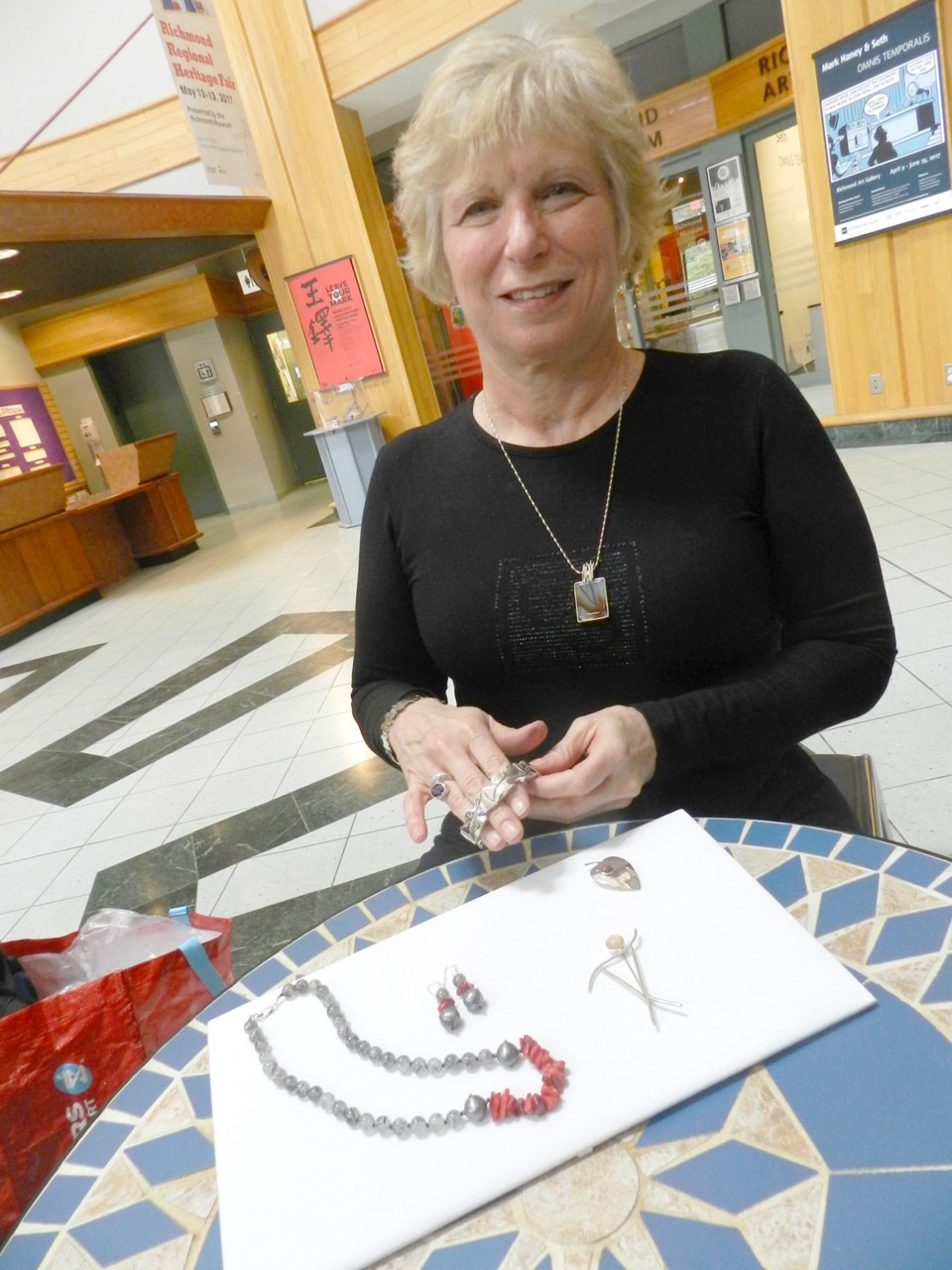Simeon Garriott thought it was just a bad toothache. But the pain was pretty severe and persistent. And it just got worse as he started to also lose his balance.
It was time for an ambulance ride to Vancouver General Hospital, where Garriott would later find out he’d suffered a life-changing stroke.
Now, about three and a half years later, the episode that left him having to learn how to walk, talk and write again has been turned around through plenty of physical rehab, a positive mindset and the determination to seek another career that better fits his altered lifestyle.
It’s that personal experience, plus those from others in similar circumstances, that will form part of the 6th Annual Invisible Illness & Disability Awareness event hosted May 6 by the Richmond Centre for Disability.
The Self Employment & Entrepreneurship Expo portion of the event is designed to offer assistance for those with disabilities of all kinds to explore or develop a career niche that takes into account their circumstances.
Garriott, 60, who’s a longtime Richmond resident, had worked as a manager in the printing industry and now spends his time helping clients source legal help through a referral company called Legal Shield. It’s a far cry from the high-pressure environment jammed full of deadlines and tight margins that he was used to.
Now, he can plan work matters on his own schedule that sometimes requires rest periods to help him make it through a day.
“After a stroke, your energy levels can really fall off,” he said. “So, I have to be more aware of planning my days and my weeks. For example, I don’t plan a late night event and another meeting for the first thing the following morning. And sometimes, I’ll need a nap during part of the day so I don’t get worn out, because if I do that, it could have lasting effects for a few days.
“Those are the things people don’t see,” he said. “I look good, but there’s a lot of hidden stuff that nobody would have guessed I’d had a stroke.”
Former Richmond resident Susanna Gumbley is in a similar position. Invisible to outsiders, she battles bouts of severe, chronic depression that can be so debilitating she confines herself to her apartment to avoid any personal contact.
“I’ve lost several friends because of this,” she said, adding her condition is something she grew up with and was compounded later in life by the loss of her husband to an acute form of diabetes several years ago, despite donating one of her kidneys to him to help wage a battle against the disease.
Making matters worse was a fall she took from a ladder, while working in a shoe store, that has left her needing a cane to help her get around.
That cane is the only outward sign she has a disability and belies the fact that her chronic depression still can overtake her.
“It’s still there, but the periods are getting less and less,” she said.
What has helped is a return to her work as a jewelry-maker, something she began dabbling in after she got married and moved to Montreal, where it became more of a serious business as she gained a reputation at various arts and craft shows.
Now, Gumbley is learning others skills to support her own jewelry-making business, such as photography to help showcase her creations online.
“But I still need some help with building a website. That’s one thing I don’t know how to do myself,” she added with a smile.
Gumbley will be one of the presenters at the expo and is keen to not only show her work, but offer up her own experiences as a way of helping others heal and gain confidence to either apply for work or strike out on their own.
“It’s like when I am making jewelry. That time is very therapeutic for me,” she said, adding the company of her conure parrot, named Big Red, is another source of comfort.
Helping people who have all manners of disability find a pathway to employment is Louise Gaudry, a career resource coordinator at RCD.
For those who have an invisible disability, part of the struggle to seek employment can include the decision whether or not to disclose their condition to a prospective employer.
“If they do or don’t, what will that mean for them because at some point something will occur, whether they are struck with extra fatigue or have pain in their joints. Will there be some understanding as to what they’re facing on a given day?” Gaudry asked.
Those seeking the pathway to self-employment, events such as the expo are a good way of exploring new opportunities that can provide work tailored to a person’s own schedule and condition.
For someone such as Gumbley, one of Gaudry’s clients, her ability to work on her jewelry, when she feels up to the task, is a good fit.
“The purpose of the event is to equip people around whether this (self-employment) is a good decision for them,” Gaudry said.
“You get a lot of people talking about starting their own business, but they never really get there because they don’t have the tools.
“It’s a very different approach to their employment than looking for a standard job.”
The 6th Annual Invisible Illness & Disability Awareness event is set for May 6 from 10 a.m. – 4 p.m. at the Richmond Cultural Centre Performance Hall (7700 Minoru Gate). For more information, visit online at RCDRichmond.org.



